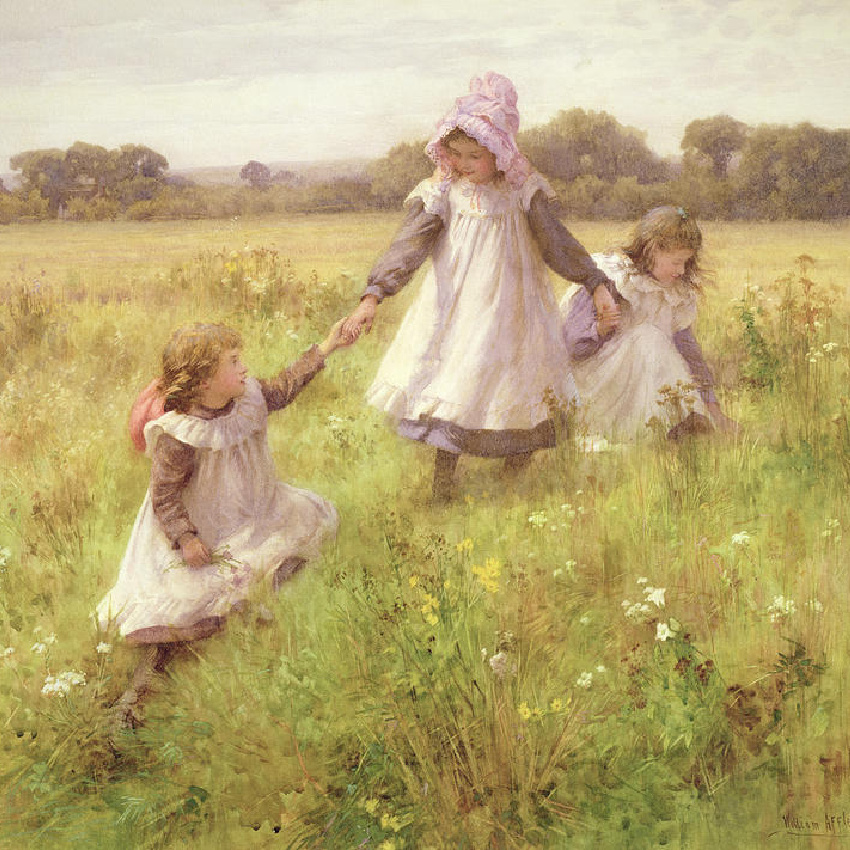
How Spiritual Practices Helped Families Amidst Shifting Dynamics
COVID-19 greatly changed family life for many. What changes have stuck, and how might certain coping mechanisms provide long-term benefits for family functioning?

COVID-19 greatly changed family life for many. What changes have stuck, and how might certain coping mechanisms provide long-term benefits for family functioning?
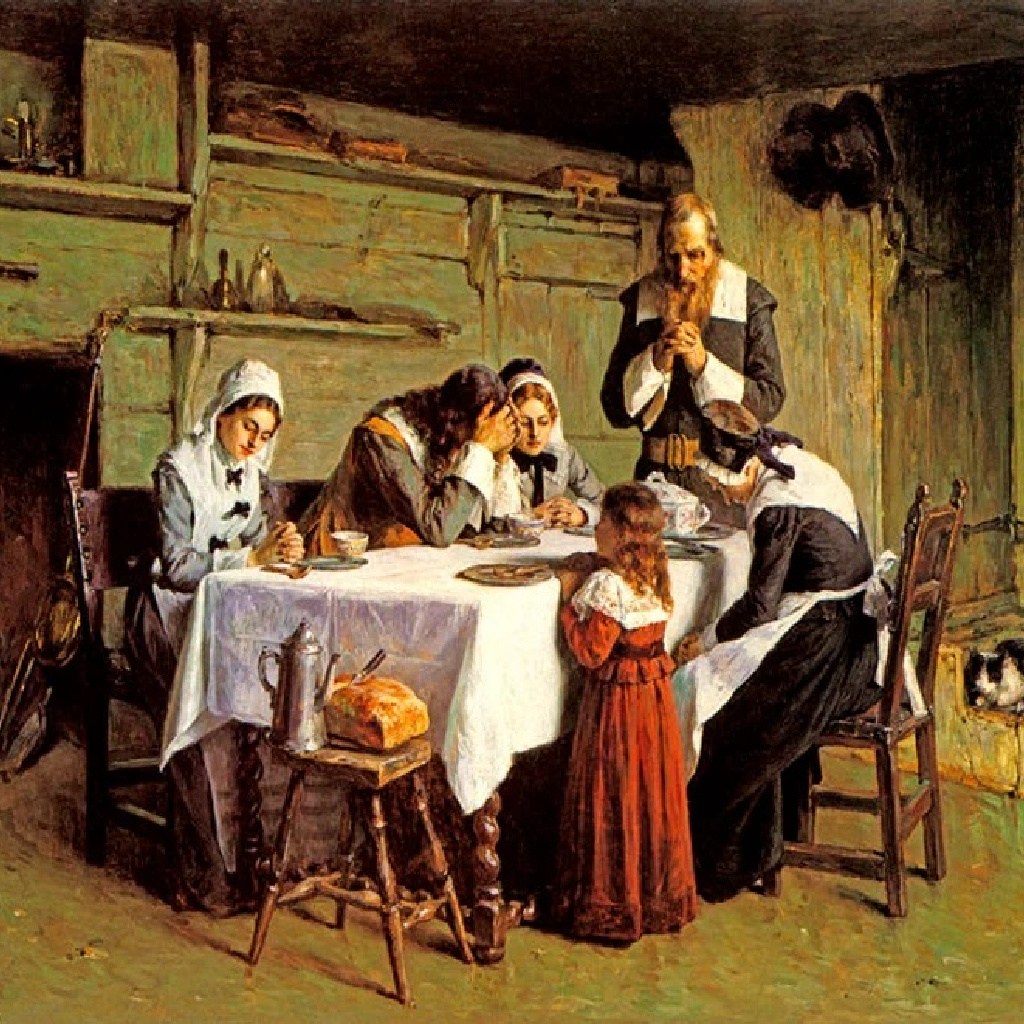
Many religious families thrived during the pandemic because of a built-in community and connection, combined with a sense of purpose, comfort, and hope.
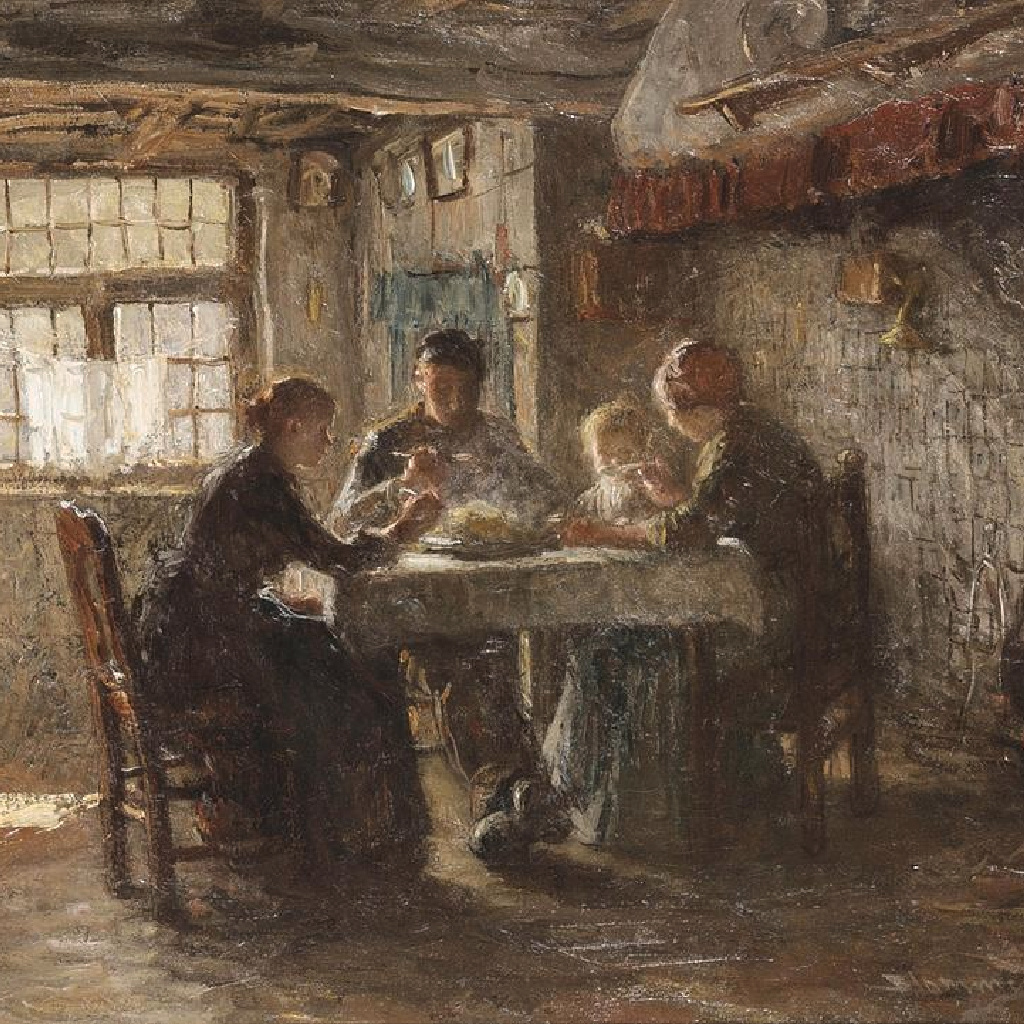
Engaging in regular family dinners protected against the harmful effects of the pandemic by increasing emotional closeness and providing dependability.
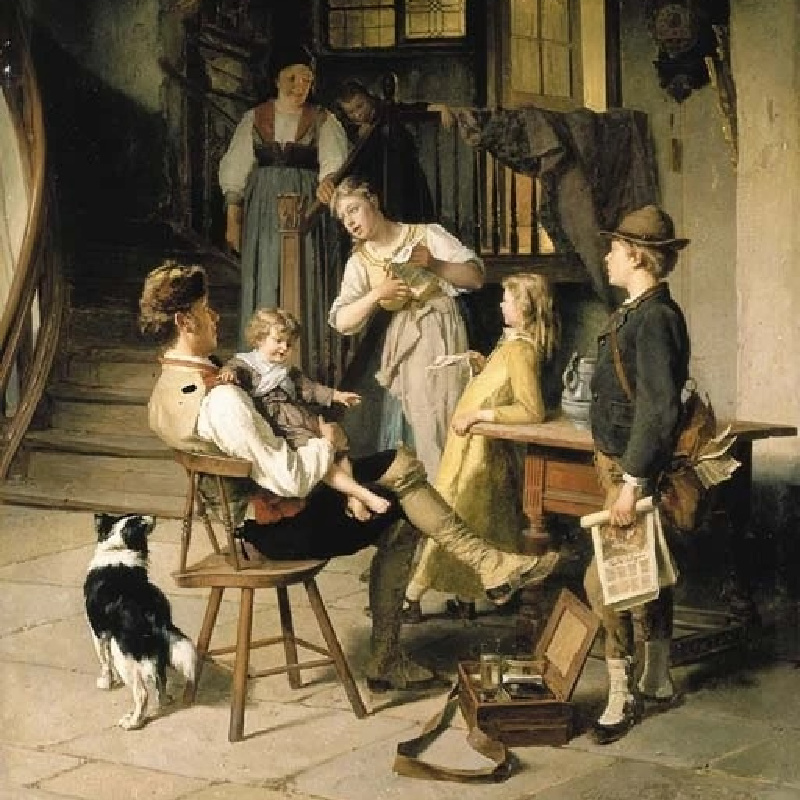
COVID had a mixed impact on family communication. Excessive time together was hard, but families benefited more from a greater sense of family connection.
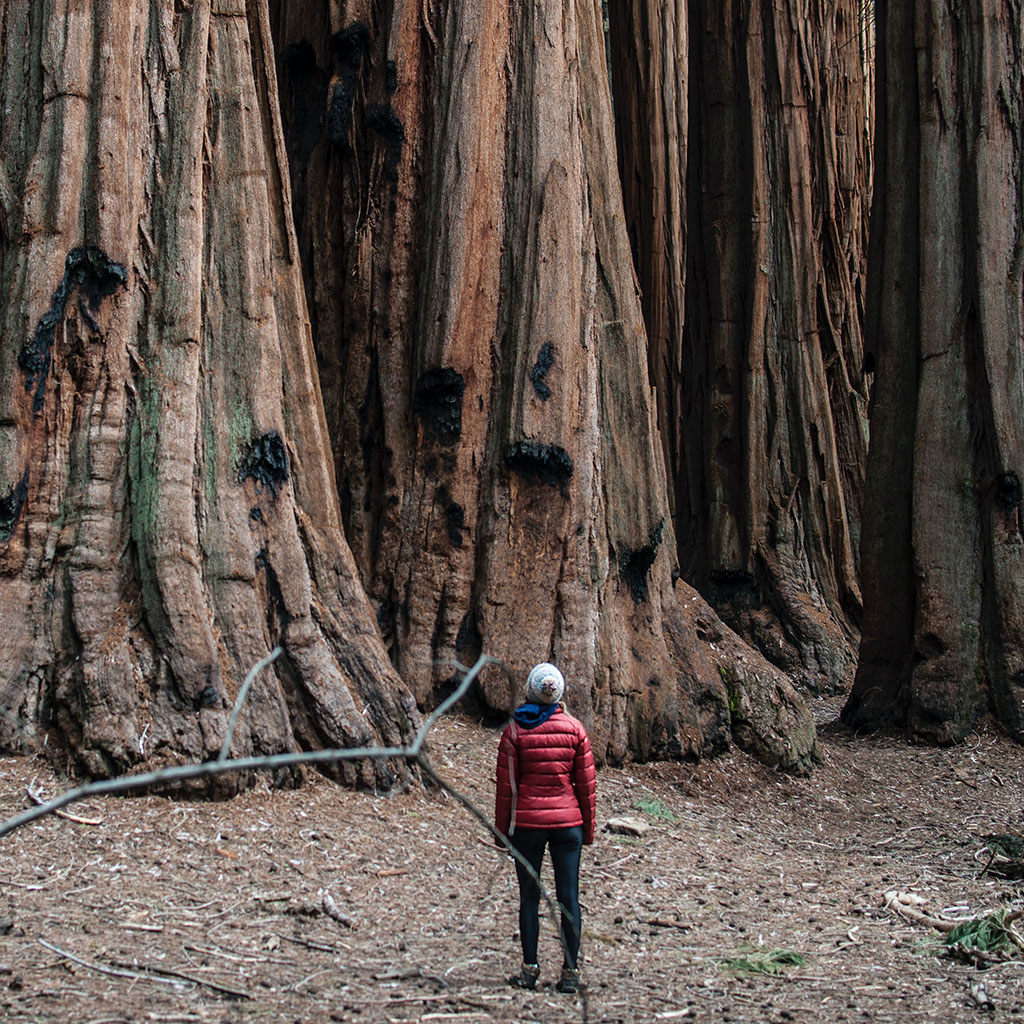
When was the last time you felt awe for what you see, feel, and experience around you? As easy as it is to fixate on the negatives around us, don’t miss out on the sweetness of relishing the jaw-dropping goodness and beauty all around us too.
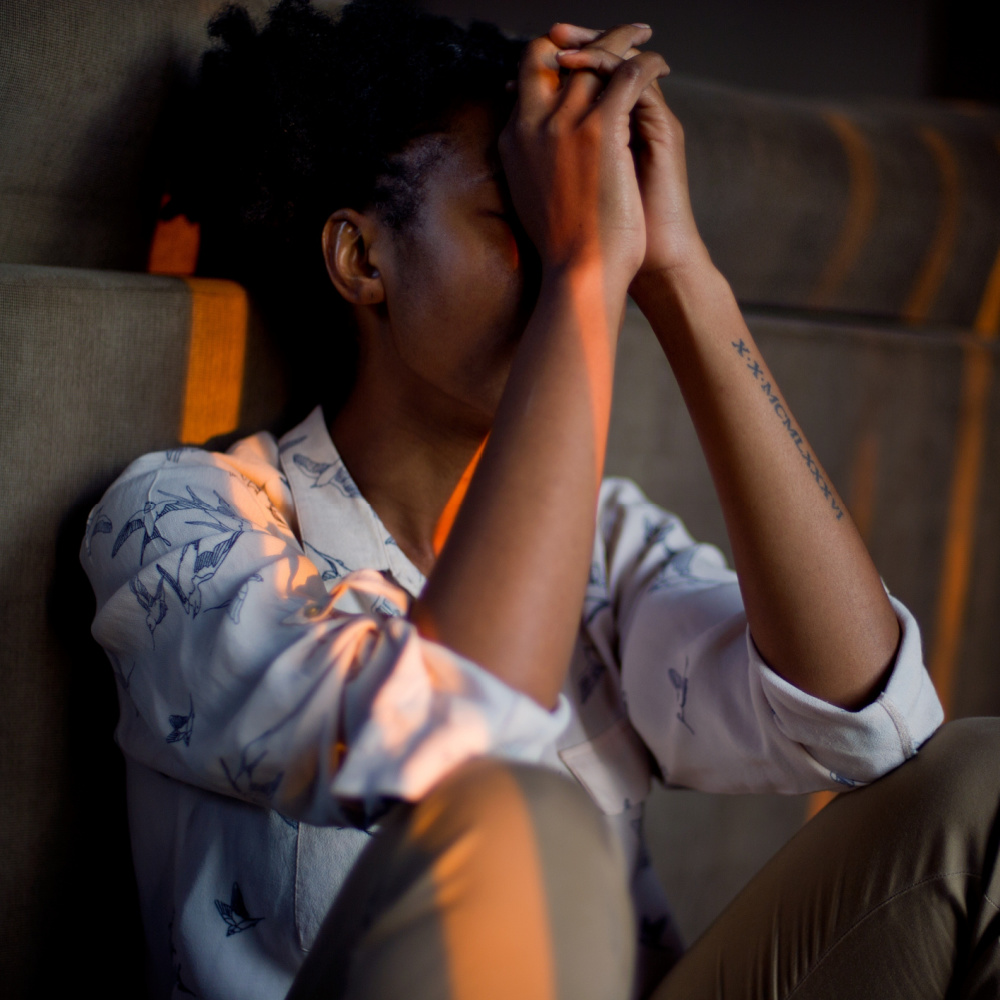
Long COVID brought not only disabling fatigue and brain fog but a soul-stretching challenge to my sense of self.
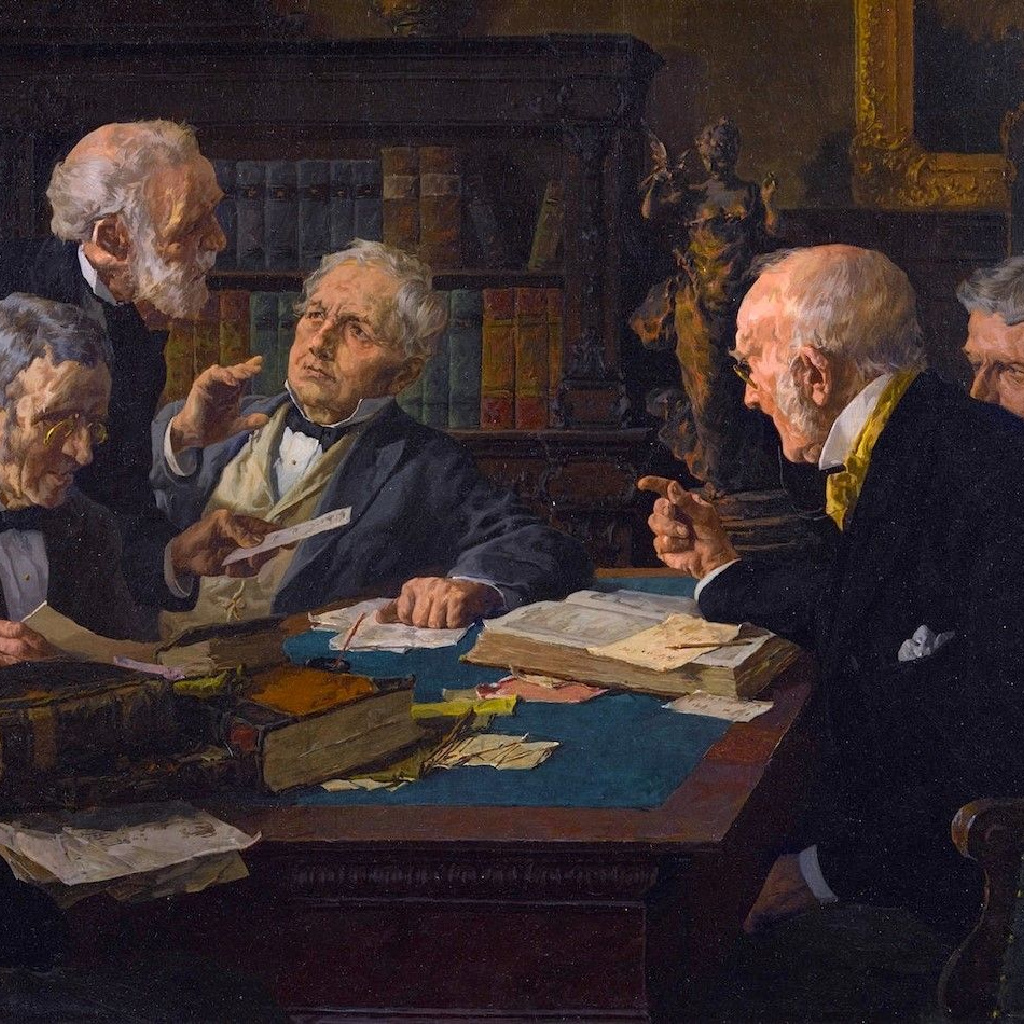
It’s understandable why we take for granted that our national conversations about all sorts of things are orienting us towards the truth of the matter. But what if they’re not?

Honest conversation about vaccination might be more challenging than any other issue. Why? And is it even worth trying?
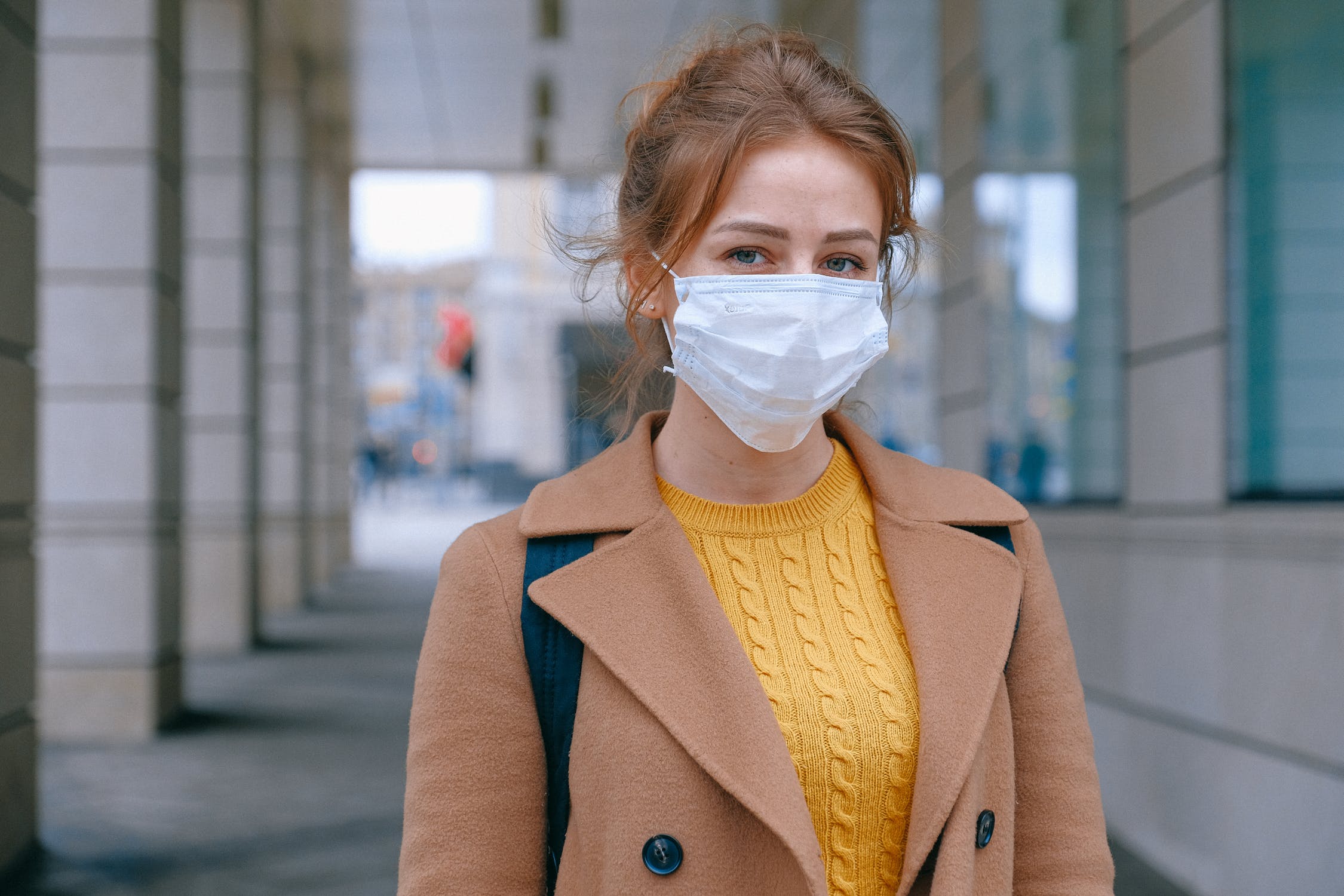
If journalists had greater religious literacy, they could have predicted and addressed religious concerns that vaccine passports resembled the mark of the beast rather than resorting to ridicule.
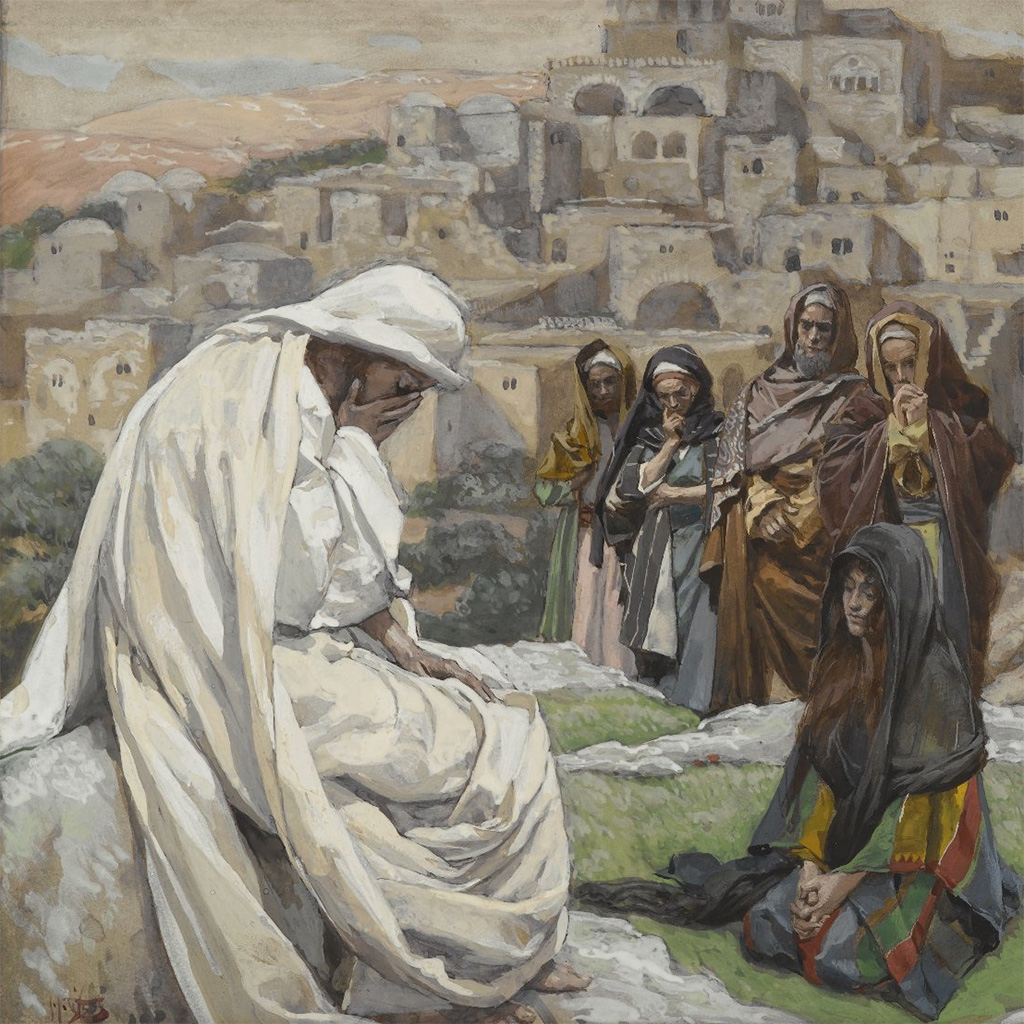
Much sorrow is being felt in the wake of this pandemic, by so many. How can we better “mourn with those that mourn,” while also working through our own grief in healing ways?

Conservatives are feeling singled out and targeted on social media. But the history of bans across major platforms confirms a more complicated picture.